difference between commercial and industrial pressure washers
- By BISON
Table of Contents
Heavy-duty cleaning applications require high-pressure solutions, and pressure washers are ideal for removing dirt, grease, oil, and other harsh substances from a wide range of surfaces. They are used for a wide range of tasks, from residential cleaning to heavy-duty industrial cleaning jobs in factories and construction sites.
There are two main categories of pressure washers: commercial and industrial. While both types of pressure washers serve the same high-pressure cleaning purposes, they differ significantly in their design, features, and intended use. Choosing the right type is essential to achieving the best cleaning results and ensuring the longevity of the equipment.
This article compares the key differences between commercial and industrial pressure washers to help you choose the best option for your unique needs.
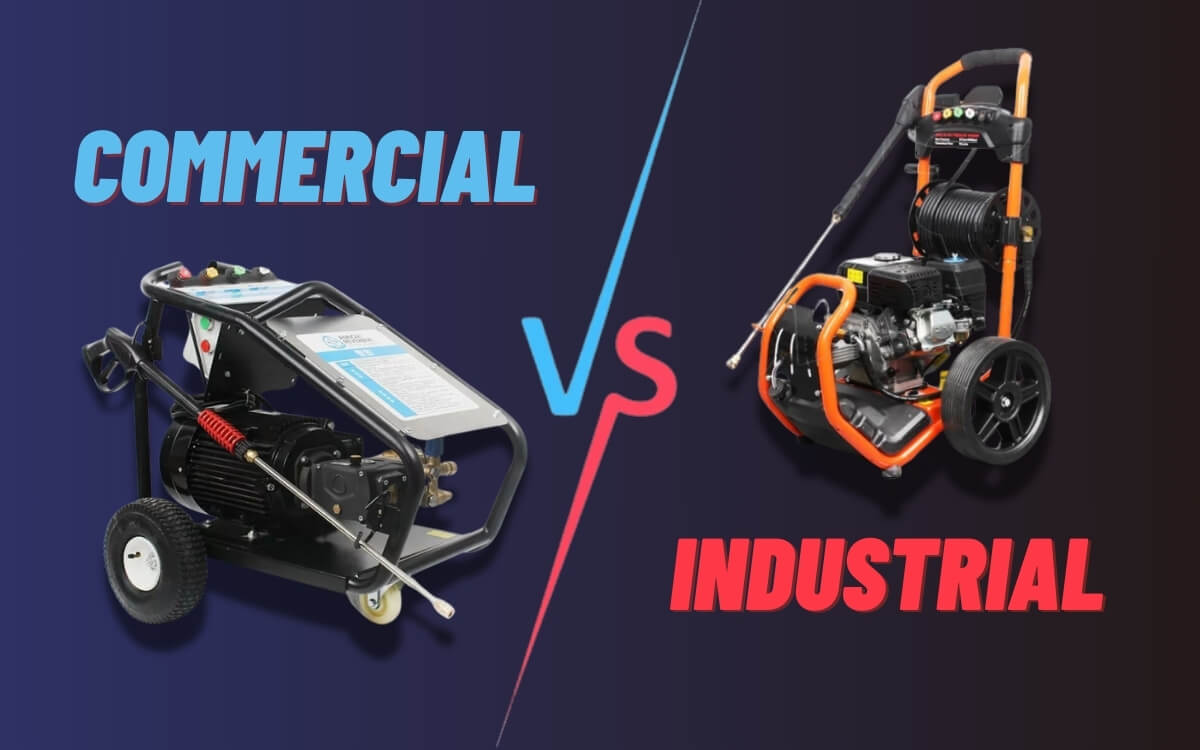
Commercial pressure washers
Commercial pressure washers are designed for regular, medium-duty cleaning tasks. They are designed to be rugged and durable for frequent use while remaining efficient and easy to operate for small businesses and home users. Typically, their power levels are around 2,000 to 5,000 psi (pounds per square inch). These machines are portable and easy to operate, making them ideal for small cleaning jobs.
Commercial pressure washers are versatile and can be used to clean everyday dirt, oil, mud, and more. They are commonly used for:
Businesses such as car washes, restaurants, and retail stores use commercial pressure washers to keep public areas clean, improve store appeal, and enhance customer experience.
Homeowners use them for a variety of tasks, such as washing vehicles, cleaning sidewalks, driveways, patios, and decks, and maintaining outdoor furniture and fences.
Industrial pressure washers
Industrial pressure washers are designed for heavy-duty and continuous cleaning tasks. They are manufactured using high-quality materials and advanced technology and are designed to handle the most demanding environments and operations.
Industrial pressure washers are designed for heavy-duty cleaning tasks in large environments such as factories, construction sites, and manufacturing plants. These machines feature high power output (typically over 5,000 PSI) and rugged construction to meet the demands of industrial use. They are typically equipped with large-capacity pumps, heavy-duty motors, and durable components to ensure reliable performance in the most demanding industrial applications.
Purpose and typical uses:
- Manufacturing plants: In manufacturing facilities where grease, oil, and heavy residues are prevalent, pressure washers are essential to maintain cleanliness. They help ensure a safe and efficient production environment.
- Warehouses: For cleaning floors, walls, and equipment to ensure sanitation standards and operational efficiency.
- Construction sites: Suitable for cleaning heavy machinery, removing caked-on mud and debris, and preparing surfaces for refinishing or painting.
- Other industries: Can be used in marine, fishing, and flour mills to remove concrete, bark, paint, rust, and more.
Comparison of commercial and industrial pressure washers
When choosing between commercial and industrial pressure washers, it’s important to understand their key differences. Focusing on power and pressure, durability and construction, size and portability, and features and accessories, this comparison is designed to provide a comprehensive guide to help you make an informed choice. Understanding these differences will help you choose the right machine for your specific cleaning needs.
Power and pressure
Commercial pressure washers
- PSI (pounds per square inch): Typically ranges from 1,000 to 3,000 PSI, which is sufficient for most general cleaning tasks.
- GPM (gallons per minute): Typically runs at a flow rate of 1.5 to 4 GPM to balance cleaning power and water consumption.
Industrial pressure washers
- PSI: Typically over 3,000 PSI, with some models going as high as 10,000 PSI or more, which is essential for removing the toughest dirt.
- Gallons per minute (GPM): Operating at a higher rate, usually between 4 and 10 GPM, provides higher cleaning efficiency for large or heavily soiled areas.
Durability and construction
Commercial pressure washers are usually made of high-grade plastics and some metal (aluminum or zinc). The pump life of a commercial washer is 500 to 800 hours. The specific requirements depend on the user’s environment and habits. It is suitable for moderate wear and tear, and parts may need to be replaced occasionally to maintain performance.
Industrial pressure washers are made of durable materials such as stainless steel, brass, and ceramic-coated pistons. It is designed for continuous high-intensity operation in harsh environments, and the service life is usually longer, 800 to 1,500 hours. The motor housing of an industrial pressure washer is more durable than that of a commercial washer, and is heat-resistant and corrosion-resistant, ensuring long-term durability under harsh conditions. Less frequent maintenance ensures long-term stable performance.
Size and portability
Commercial pressure washers are typically more compact and lightweight, making them easier to transport and store. They are often equipped with wheels and handles to facilitate movement around a commercial or residential location.
Industrial pressure washers are larger and heavier due to their more powerful components and rugged construction materials. While some units have wheels, their size and weight make them less portable, and they usually need to be stationary or transported on specialized equipment.
Features and accessories
Commercial pressure washers typically come with standard accessories, such as a variety of nozzles, hoses of varying lengths, and detergent tanks. Special features may include adjustable pressure settings and built-in storage for ease of use.
Industrial pressure washers offer more advanced, specialized accessories, such as swivel nozzles, surface cleaners, and telescoping poles for high and hard-to-reach areas. Special features include hot water functions, dual detergent tanks, and advanced safety features, such as automatic shutoffs and thermal sensors.
Key factors to consider when selecting a pressure washer
To make an informed purchasing decision, consider the following:
The best way to choose an industrial or commercial pressure washer is to consider the specifics of your application. Evaluate your application by answering these pressure washer questions:
- How many hours per week do you expect to use your industrial pressure washer?
- Do you need a portable or stationary pressure washer?
- Does your application have access to a gas line, power source, or other power supply?
What substance do you want to clean? - Is hot water necessary, or will cold water suffice?
- What are GPM and PSI for pressure washers?
- What are the needs for which you would use a pressure washer?
- Consider the work environment. Will you need it to be ultraportable, or will it be used in a specific area? Is wind power necessary? Gas, electricity?
- Will you use cleaning chemicals?
What unique accessories will you need?
Assess the variety and size of cleaning tasks you’ll be performing to ensure you choose a pressure washer with suitable power, durability, and features.
Selecting the right pressure washer
Selecting the right pressure washer involves assessing several critical factors to ensure you choose a machine that meets your specific requirements and provides optimal performance and value. Here, we outline the key considerations to guide you through the decision-making process.
Identify specific cleaning tasks
Understanding the nature of the tasks you plan to undertake is paramount. This will help determine the necessary power and features required in a pressure washer.
- Light cleaning tasks: For washing vehicles, outdoor furniture, and small patios, a commercial pressure washer with moderate PSI and GPM ratings will suffice.
- Moderate cleaning tasks: Cleaning driveways, sidewalks, and building exteriors may require a more powerful commercial pressure washer with higher PSI and GPM.
- Heavy-duty cleaning tasks: Industrial pressure washers are ideal for tasks such as removing graffiti, cleaning heavy equipment, and large-scale surfaces in industrial settings. These require high PSI and GPM ratings to handle tough stains and debris efficiently.
Evaluate usage frequency
The frequency with which you will use the pressure washer affects your choice regarding durability and capacity.
- Occasional use: If you plan to use the pressure washer sporadically, a less robust commercial model may be adequate.
- Regular use: For frequent cleaning, selecting a more durable commercial pressure washer designed for regular use is essential.
- Continuous use: Industrial pressure washers are built for continuous, heavy-duty tasks and can withstand the rigors of daily or intensive use without compromising performance.
Understand your budget
Your financial limits are a crucial factor in determining the type and model of pressure washer you can afford.
Low to moderate budget: Commercial pressure washers are generally more affordable and offer a good balance of performance and cost-effectiveness for most cleaning tasks.
- High budget: If your budget allows for more substantial investment, industrial pressure washers, with their higher durability and advanced features, provide long-term value and superior performance for demanding tasks.
- Budget constraints and available storage space: Factor in your financial constraints and the space you have available for storing the pressure washer. Commercial models are typically more compact and budget-friendly, while industrial models, requiring more investment, are larger and need more storage space.
Choose the appropriate power source
The power source of the pressure washer should be chosen based on availability and convenience.
Gas or Electricity? Gas-powered washers are usually the most powerful. Some models provide excellent portability, heavy-duty maintenance, and rugged outdoor work. In contrast, electric power washers can be small, compact, and ready to handle light cleaning tasks, whether indoors or outdoors.
Review
While both commercial and industrial pressure washers can clean a variety of surfaces, their capabilities and uses vary widely.
BISON encourages you to evaluate your specific cleaning needs and explore the options to find the pressure washer that best meets your needs. By making an informed decision, you will achieve superior cleaning results, ensure safety, and extend the life of your investment.
However, not all applications can be accommodated by off-the-shelf pressure washer designs. If you require precise PSI capabilities, special dimensions, or specific portability requirements, consider choosing a custom pressure washer. You can rest assured that your pressure washer meets all the necessary specifications to complete your job on time, on budget, and without any problems.
Most Popular Posts
QUESTIONS?
CONTACT US TODAY.
buy?
Related Posts
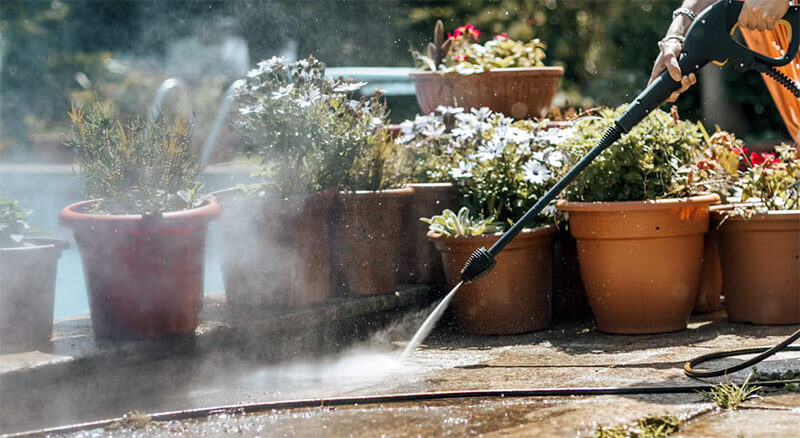
How to clean your garden patio using a pressure washer
This guide by BISON will walk you through each step to clean your garden patio with a pressure washer.

use pressure washer to clean gutters
BISON will explore whether using a pressure washer to clean your gutters is effective, safe, and practical.
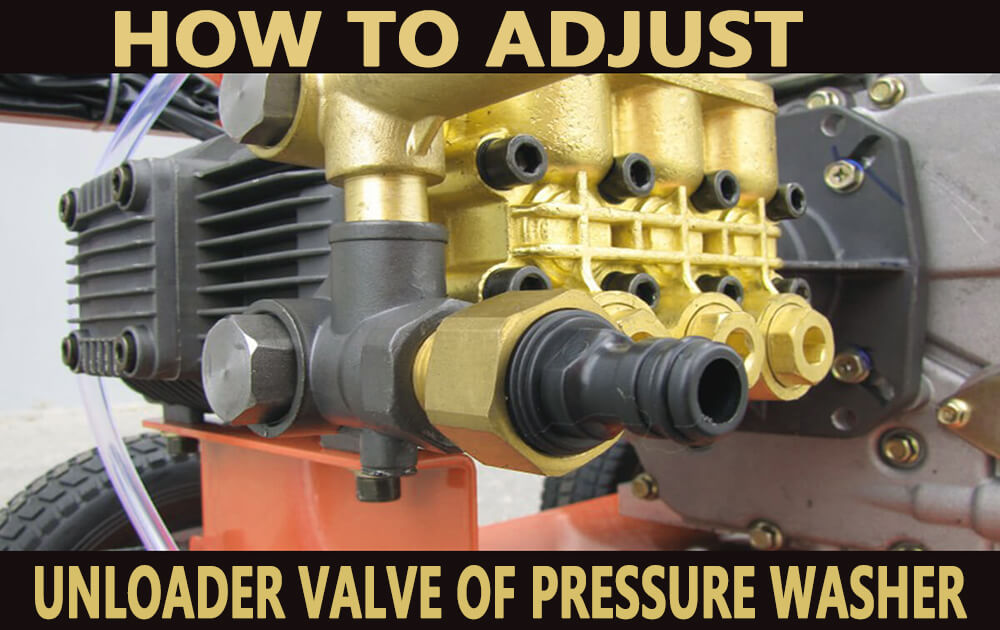
how to set the unloader valve of pressure washer
This blog is designed to guide you through the process of setting unloader valve on pressure washer.
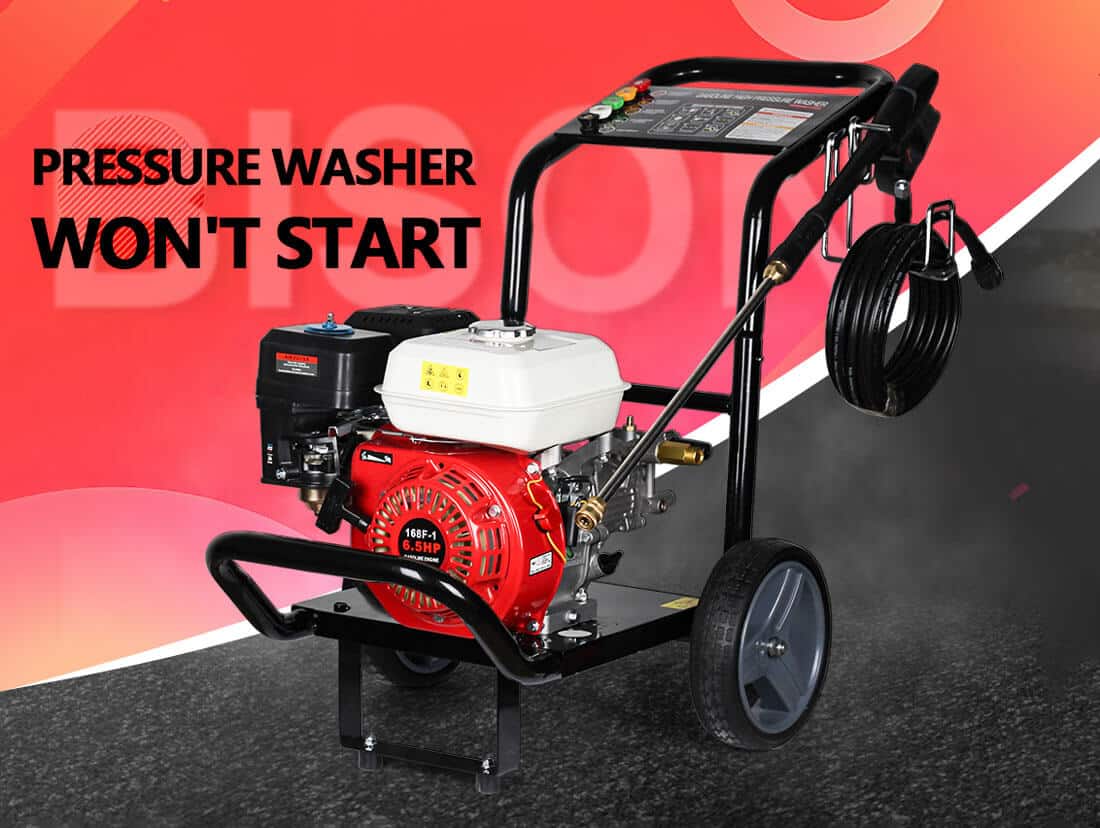
pressure washer won’t start: troubleshooting and DIY fixes
Your pressure washer motor may not start for various reasons. In this comprehensive guide, BISON will lead you through the most common culprits of pressure washer rebellion.
.png)
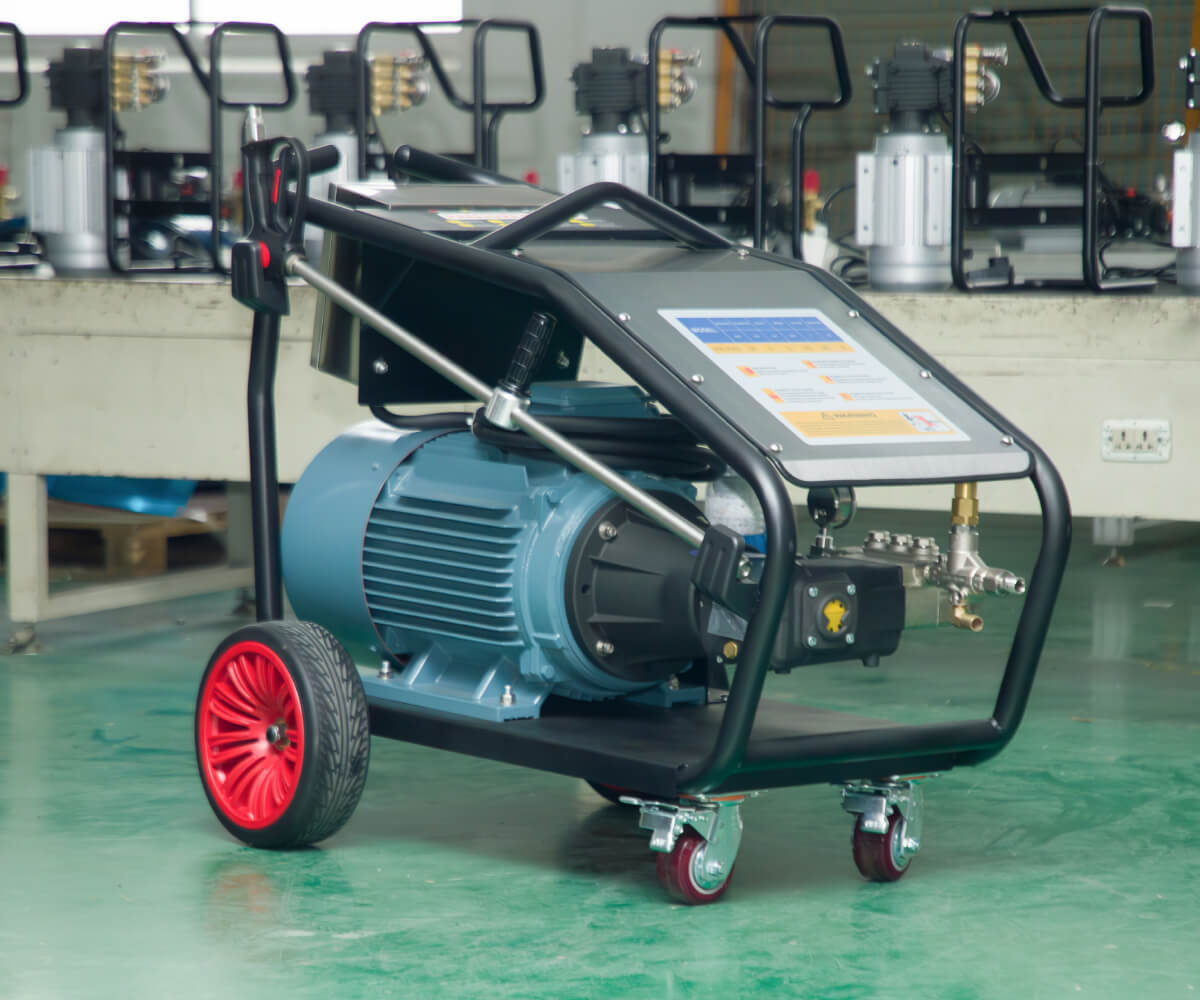
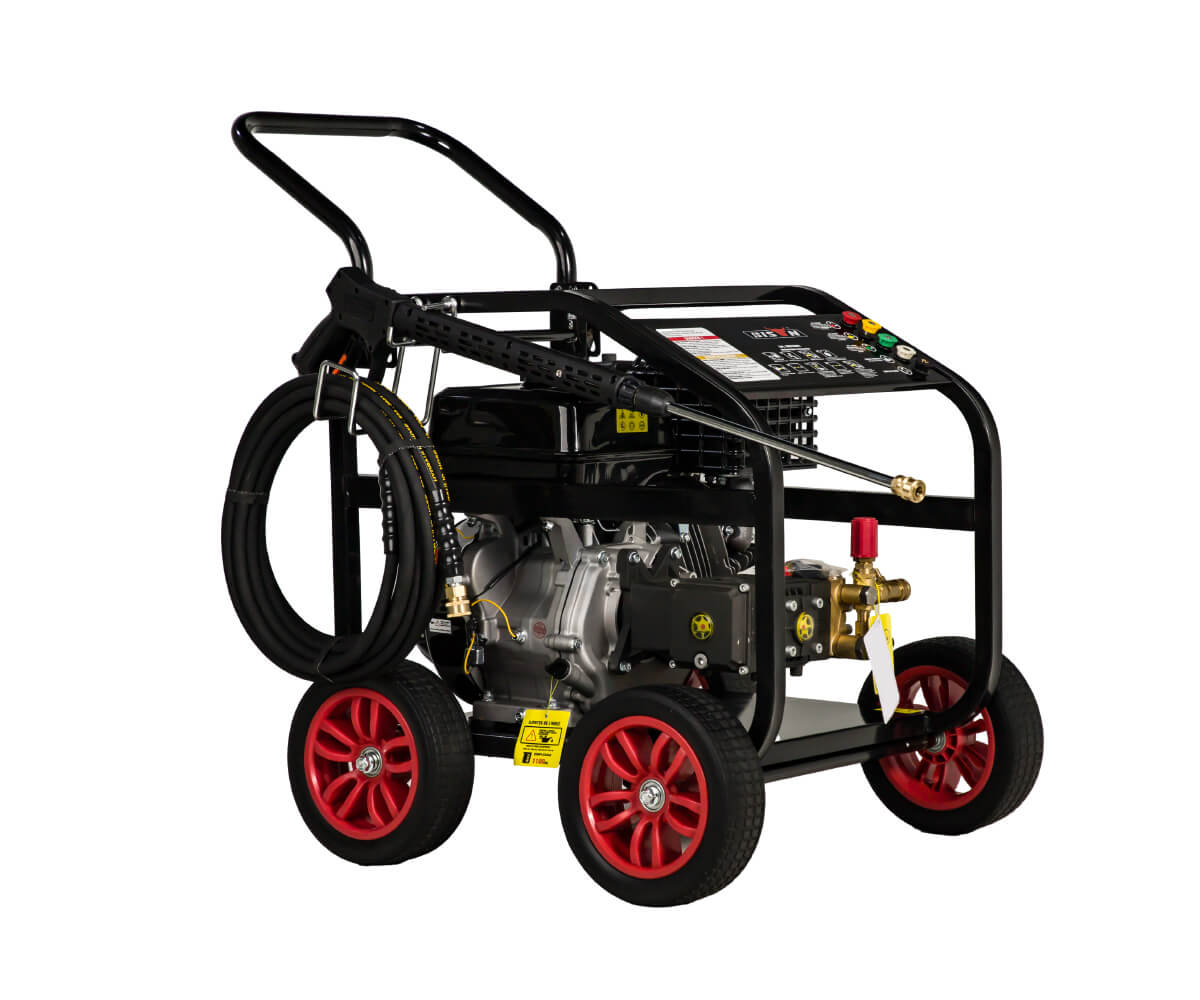
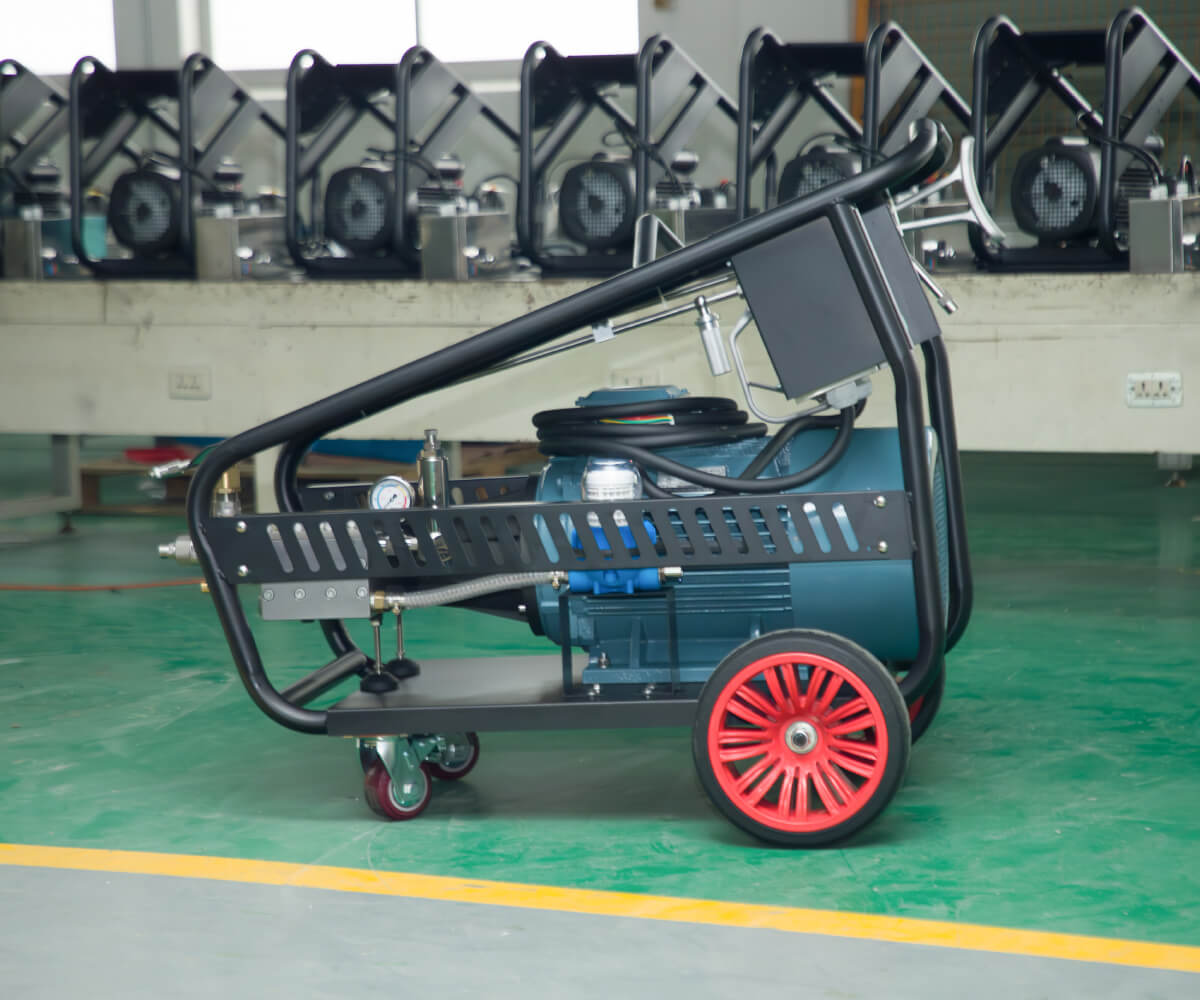
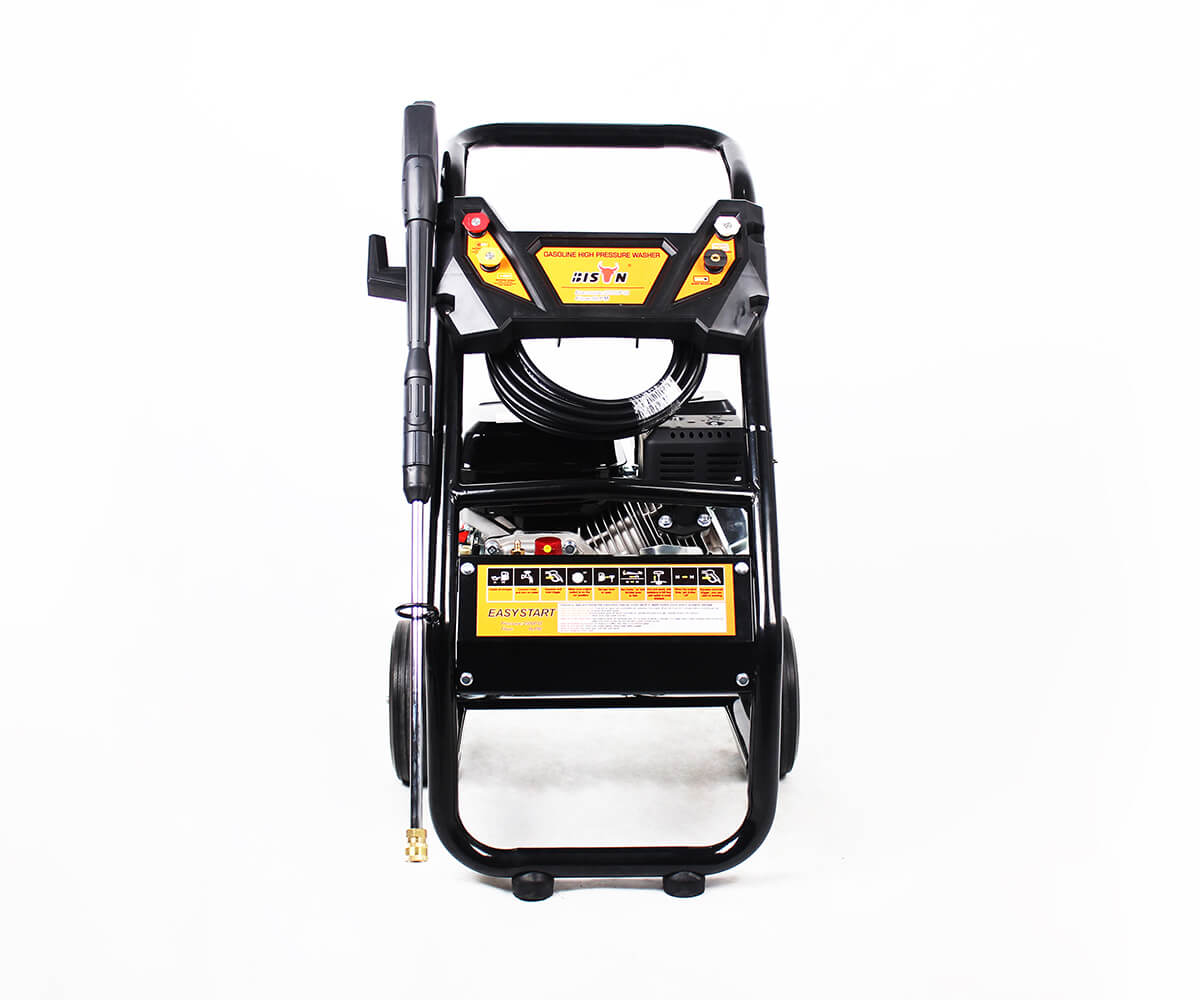
-qbpqbzxxvtguiuwezisu6wo6j1i29b4m1el1ir1u8o.png)

